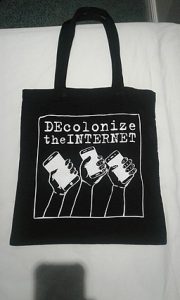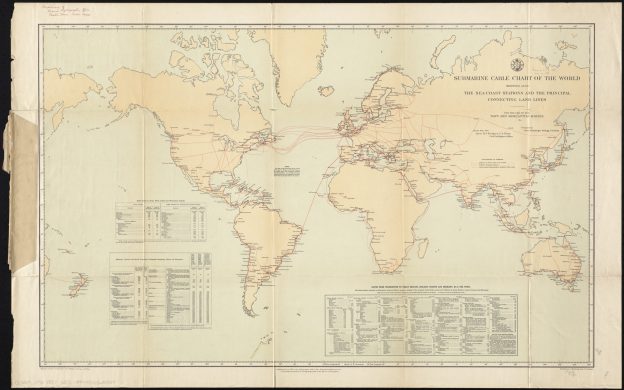ENGL 375 and ENGL 561 are now real, existing courses (scroll down for the original posts and proposals). The process of designing new courses and bringing them into existence is an exciting collaboration. Each of these new courses comes into being because of a leap of faith by students, who bring a willingness to think and create an experimental intellectual space together. Thank you to everyone who made these courses real! I’m revising and updating these for a Fall 2022 re-rerun.
Meanwhile, I’m planning for 2023-24. Media studies scholar Richard Cavell has been working for a long time to bring into existence the Centre for Media Research. Looking forward to its launching next year, I’m proposing a graduate class (cross-listed between the iSchool and English): Media & Misinformation: The History of Truth from Pseudoscience to Propaganda.
Here’s a plan (co-authored with Richard Cavell):
The course draws on topics and sub-fields that have gained compelling relevance in the last decade:
- New Media Studies and Network Cultures
- Media Archeology and Infrastructure Studies
- Science and Technology Studies
- Digital Geographies
- Informatics
- Feminist, Indigenous, and Decolonial Media Studies
Our global future increasingly depends on our ability to acknowledge the democratization of information while asserting the need for ethical cross-cultural commitments to evaluating that information. The new Media Studies that we propose to elaborate is central to this new space of educational innovation.
The course that we seek to develop asks the central question: In what ways does the digital “disrupt” former modes of representation and communication, and how should we address the global crisis in communication? Examining the rise of digital media and its consequences, we examine the ways in which the late twentieth century’s global, near-instantaneous circulation of popular interventions brought past issues of race, gender, Orientalism, and post-colonial geopolitics into newly immediate political configurations. How do new circulations of digital media disrupt, resist, and rewrite earlier forms of media theory? To understand the broader social meanings of mediated forms of political practice, our case studies will not remain at the purely theoretical level, but will put media studies into conversation with Indigenous studies, Feminist informatics, anti-racist technical practice, and decolonial politics.
Do you work in this field, and would you like to be a collaborator? Comments and reading recommendations are welcome.


